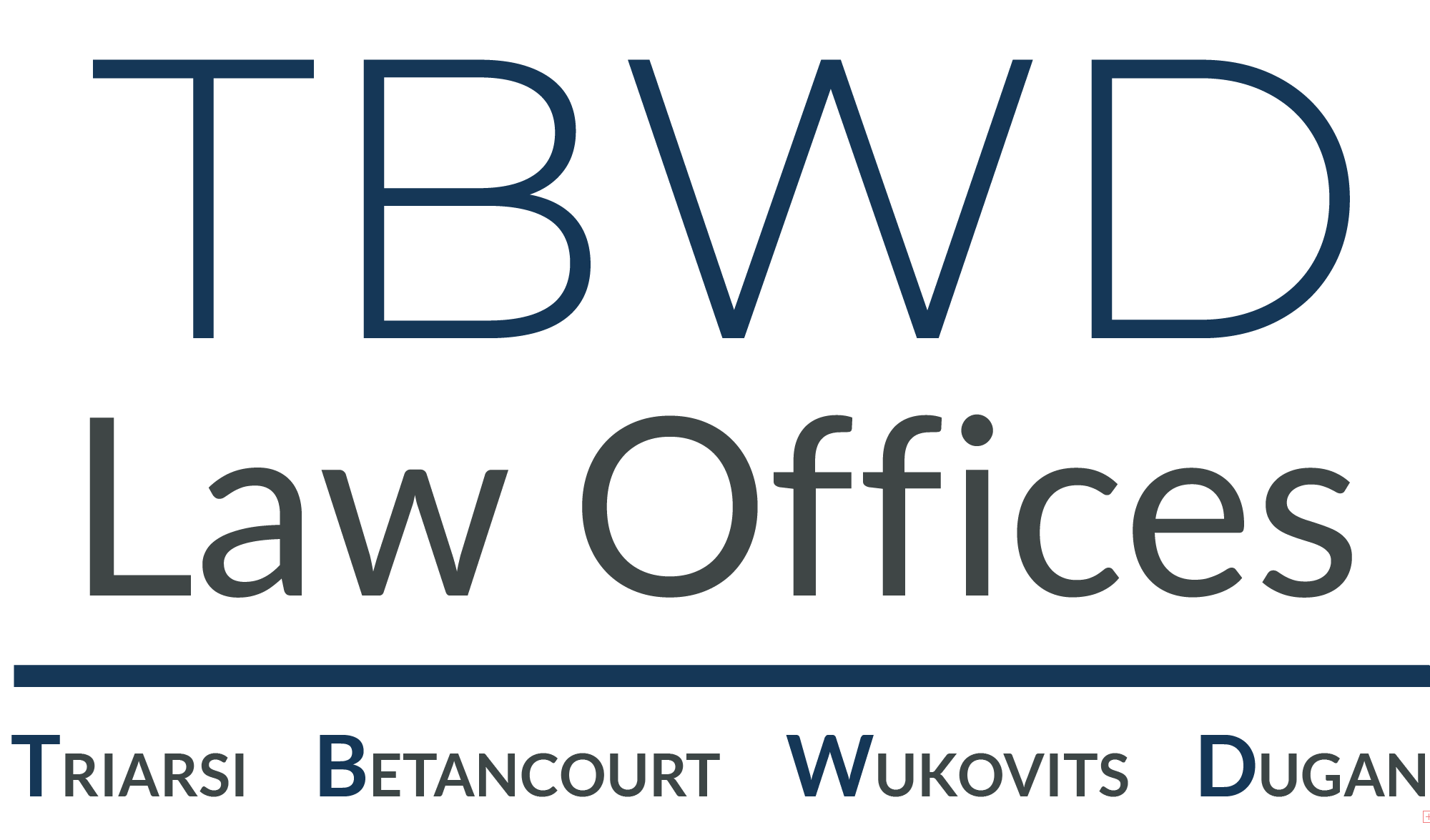If you have ever watched a crime drama or a police procedural show, chances are you have heard the phrase “You have the right to remain silent. Anything you say can and will be used against you in a court of law. You have the right to an attorney. If you cannot afford an attorney, you may apply to the court, and one will be appointed to you.” This iconic statement is part of what is commonly known and referred to as Miranda warnings; a set of rights that law enforcement officers must inform individuals of before conducting custodial interrogations.
These warnings serve as a shield for the accused to ensure that individuals are aware of their rights when in police custody and facing questioning about a crime.
The core components of the so-called Miranda warnings typically include the following:
- The right to remain silent: Individuals have the right to refrain from answering questions posed by law enforcement officers. This right ensures that individuals do not inadvertently say something incriminating that could be used against them in court.
- The right to an attorney: Individuals have the right to have an attorney present during police questioning. This safeguard helps level the playing field between the individual and law enforcement, ensuring that individuals have access to legal counsel to guide them through the interrogation process.
- The warning that anything said can be used against them in court: By informing individuals that their statements can be used as evidence in a legal proceeding, Miranda warnings underscore the importance of being mindful of what is said during police interrogations.
The importance of Miranda warnings cannot be overstated. These warnings are critical in protecting individuals from unwitting self-incrimination during police interrogations. Without being properly informed of their rights, suspects may unintentionally say something incriminating during an interrogation, jeopardizing their defense.
While Miranda warnings may seem like a routine procedural step, their significance cannot be overstated. When law enforcement officers fail to properly administer Miranda warnings or violate the rights enshrined within them, it can have far-reaching implications for the admissibility of evidence and the fairness of the legal proceedings.
It is worth over-emphasizing that Miranda warnings are not just a formality; they are a cornerstone of due process and a fundamental protection against coercive police practices. After all, constitutional rights are only useful if they are actually used.
One of the primary reasons Miranda warnings are so important is that they protect individuals from self-incrimination. By ensuring that individuals are fully informed of their rights, Miranda warnings help safeguard the integrity of the legal process and prevent coercive interrogation tactics by law enforcement officials.
Moreover, Miranda warnings help ensure that confessions obtained during police questioning are voluntary and not the result of coercion or duress. By informing suspects of their rights, law enforcement agencies are held accountable for conducting fair and lawful interrogations.
Additionally, Miranda warnings are essential for preserving the integrity of the criminal justice system. By upholding the constitutional rights of individuals, these warnings contribute to a fairer and more just legal process. When law enforcement officers comply with Miranda requirements, it fosters trust in the system and protects against the State’s abuse of power.
Miranda warnings play a pivotal role in upholding the constitutional rights of individuals involved in criminal investigations. As a criminal defense attorney in New Jersey, understanding the significance of Miranda warnings is critical in defending and safeguarding your clients’ constitutional rights.
When a client’s Miranda rights have been violated, a skilled defense attorney can challenge the admissibility of the incriminating statements obtained during an interrogation, potentially leading to the suppression of evidence gathered against the accused.

